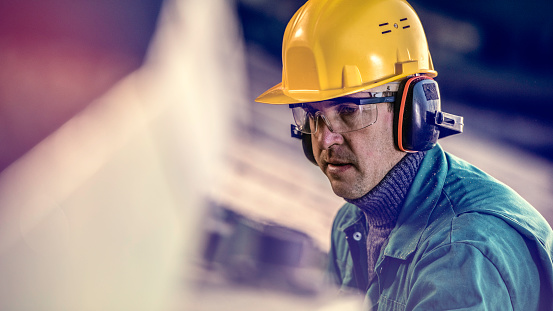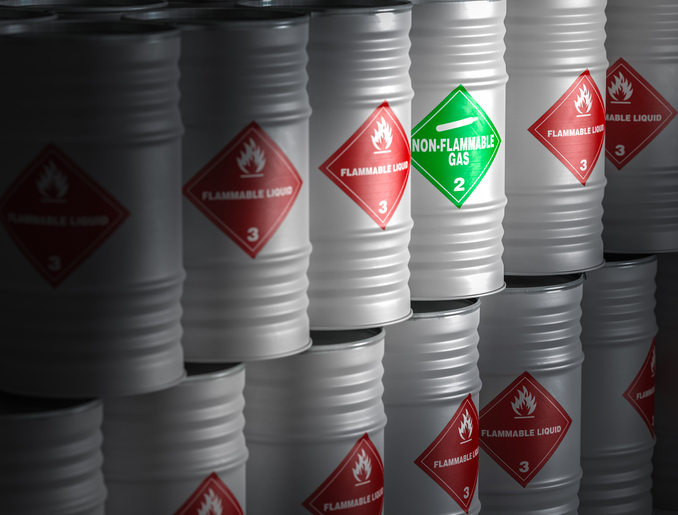Here’s what you need to know when you have a noisy job

What do rock stars, elementary school teachers, and manufacturing workers have in common?
According to Acoustical Services Inc., they have noisy jobs that, over time, can lead to hearing loss and other noise pollution-related problems: headaches, tinnitus, stress, depression, and insomnia.
There are many other jobs that expose employees to loud environments. Acoustical Surfaces, a sound insulation company, reports on the following “top 10 noisiest jobs” (dB stands for decibel, a unit used to measure the intensity of sound):
- Nursery worker or teacher (85 dB)
- Motorcycle courier (90 dB)
- Classical musician (95 dB)
- Commuter music (100 dB)
- Factor and farmworker (105 dB)
- Rock star (110 dB)
- Nightclub worker (115 dB)
- Construction worker (120 dB)
- Formula One driver (135 dB)
- Airport ground staff (140 dB)
OSHA (Occupational Safety and Health Administration) sets legal limits that clearly state what is an acceptable level of noise in the workplace. An employee working an eight-hour shift should not be exposed to more than 90 dBA (A-weighted decibels), according to OSHA.
What can you do to protect your hearing?
If you work in a job where the noise exceeds OSHA’s legal dBA limit, you have a right to ask your employer to provide you with hearing protection. Your employer must measure noise levels in the workplace and offer free hearing exams each year. You’re allowed to receive free hearing protection if the limits exceed OSHA’s standards.
Employees should not simply accept a noisy workplace as being part of the job. The Bureau of Labor and Statistics lists occupational hearing loss as the top reported worker illness in manufacturing. A recent article in Occupational Health and Safety outlines the variety of hearing protection devices available for employees who work in noisy environments:
- Disposable foam earplugs
- Reusable earplugs
- Earmuffs
- Advanced hearing protection
How an attorney can help with a hearing loss claim
It’s not just rock stars who work in noisy environments. Many jobs in Rhode Island, Massachusetts and across the country expose employees to decibel levels that can cause damage over time.
If you experienced hearing loss related to your employment, you will need an experienced workplace injury lawyer on your side.
Your bosses and the insurance companies might say the hearing loss had nothing to do with your job. They may threaten to fire you if you say you can no longer work because of the noise.
That’s why you need to consult with the Law Offices of Deborah G. Kohl. You will have a strong advocate with you every step of the way. Contact us today for a free consultation.

